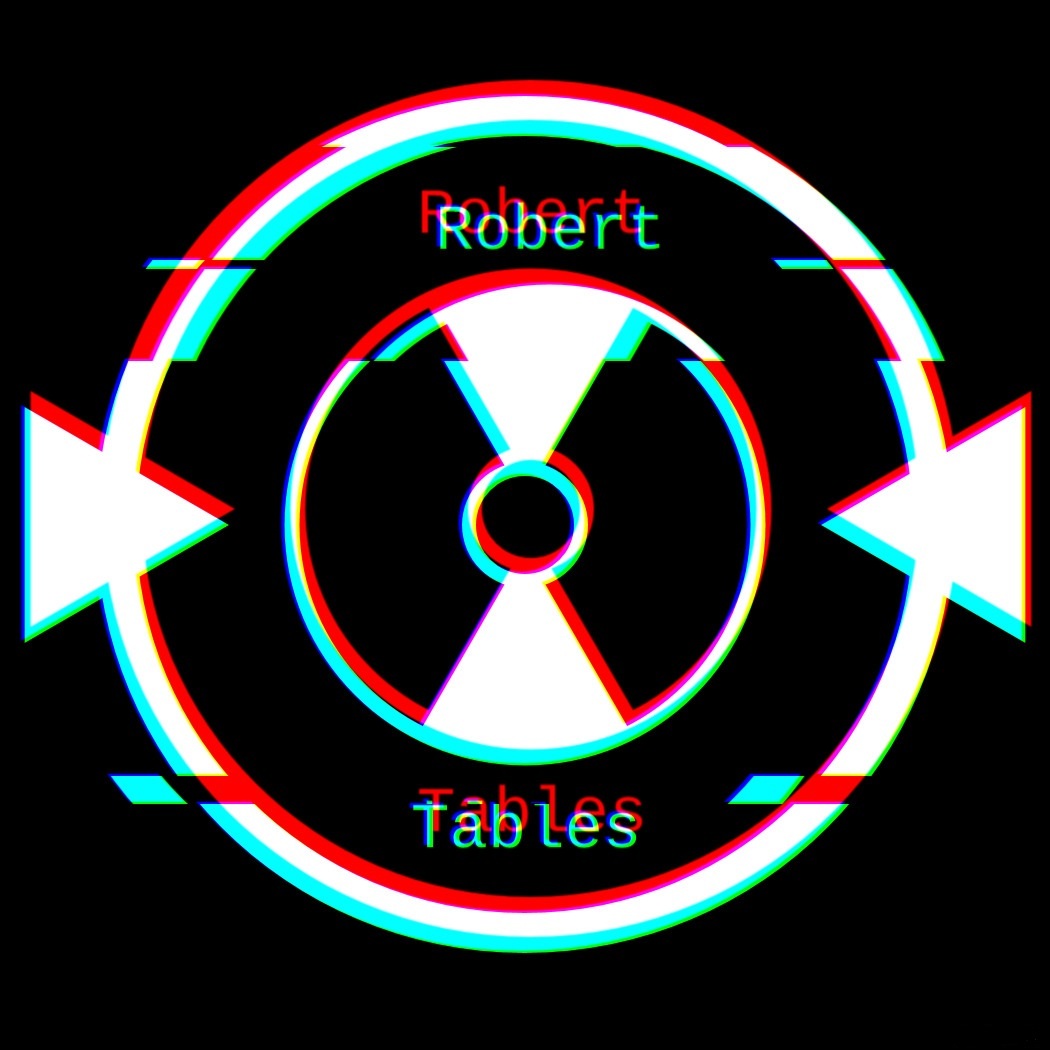I have a 600 day streak on Duolingo in Japanese. So yeah I know English and JavaScript.
You really cheated like that?
I think they’re just saying they don’t really speak Japanese despite doing Duolingo lessons
English
Spanglish
Some SQL
Whoa, lady, I only speak two languages, English and bad English.
I’m fluent/native-level in English + my native language (not disclosing)
With Japanese I’m semi-fluent in conversations, and intermediate-advanced in reading and comprehension
German I understand at an intermediate level but very bad at speaking
And I know some beginner-intermediate level Chinese.
I also hope to learn Norwegian and Korean on top of that.
- Danish
- Swedish
- German
- English
- Japanese
- French
Croatian, Bosnian, Serbian all on master level,
English learned in school as secondary language.
Can understand all the other balkan languages to some degree.
- Spanish (native)
- Portuguese (fluent)
- English (fluent)
- Italian (understand 99% but speak very badly)
- Russian (very basic and haven’t trained in years, but enough that I was able to tourist around Russia a decade ago)
I’ve also studied some German but I don’t think it’s at any level worth mentioning. I can also say the phrase “Sorry I don’t speak X, do you speak English?” In:
- German
- Dutch
- French
- Finnish (I can also say the weather is bad/good and obviously Perkele hahah)
Essentially every country that I’ve visited I can at least ask the person if they speak English, I consider it rude to ask that question in English.
English and French fluently. English is my mother tongue. French I learned in an immersion program in primary school. I didn’t study french at all in highschool or postsecondary, and always hated it during primary because my parents put me in immersion to “challenge” me. I started working for the Canadian federal government after uni, and they have pretty robust training programs for getting to full french fluency from any starting skill level. Plus, there’s a bit of a glass ceiling for monolingual public servants in the federal government.
Recently started dating a Chinese girl and so I’m trying to teach myself a bit of Chinese. It’s not as hard as I expected it to be, but it is very hard. In many ways it’s the opposite experience of learning French relative to English. Learning French, the vocabulary is pretty easy and the grammar is very hard. Learning Chinese, the grammar is dead easy but the vocabulary is really hard.
English is my native language. I have a smattering of Malay from early childhood (my mother’s first language), and have limited proficiency in ASL, German, Spanish, Italian, Irish, French, and Finnish (my proudest language moment was purchasing an apple from an old farmer in Helsinki who spoke no English). I also know a tiny amount of Japanese.
I’m contemplating whether to work on my existing proficiency or add a con-lang to the mix like Esperanto or Belter Creole.
English (fluent)
Dutch (bad)
French (basics)
Japanese (basics)
Standard German (native)
Lower Austrian German (fluent)
Bavarian German (fluent)
Saxonian German (fluent)
Vienna German (good)
Hamburgian German (OK)
Berlin German (OK)
Northern German (OK)
Swabian German (OK)
Platt German (bad)
Tyrolean German (bad)
Swiss German (worse) - Yes, for me it’s easier to understand Dutch than Swiss German
Are all those Germans really different enough to count separately?
Like, I wouldn’t know how to distinguish my fluency in American English from British English. And that’s not even getting to Canadian, Australian, Irish… the differences are far more cultural than linguistic.
Yes, German dialects can vary greatly for example here’s the same sentence “I have an apple.” in different German dialects:
Standard German:
“Ich habe einen Apfel.”
Northern German / Platt:
“Ik hab en Appel.”
Middle German / Saxonian:
" 'sch’habm Abbl." ( 'sch is pronounced like sh)
Southern German / Bavarian & Austrian:
“I hob an Opfü.” (I is pronounced like the single letter E)
The Southern Germans are the ones with the Schwarzenegger accent.
It’s complicated. Short version: Portuguese and Italian.
Long version:
- Portuguese - native
- Italian - have been learning it since a kid. It’s by no means native speaker level, but I feel rather confident in the language.
- Venetian - I can speak some but I can’t write stuff in the language without pulling out a dic. My knowledge of the language is rusting and it pains me.
- English - written only.
- German - I can speak and write some. I use it mostly with my cat.
- Latin - Classical pronunciation and rather decent vocab. Can read Caesar unaided without too much trouble, Cicero is another can of worms.
- French - studied it a long, looooong time ago. Completely forgotten.
- Russian, Ukrainian - sometimes I play a bit with both but I don’t speak or write either, I just know Cyrillic. I tend to use Cyrillic a fair bit for my personal notes but it’s always with Italian or Latin, it’s just so people don’t snoop on my notes.
- Spanish - I never studied the language, my pronunciation is awful, but if I wasn’t able to read it I’d seriously question my own basic literacy for Portuguese and Italian.
I love that your cat speaks German. 🇩🇪😸
Yup! And there’s some backstory for that.
Back when we adopted Siegfrieda*, I was studying German; and I decided to speak with her in German for my own sake, it’s good for memorisation. But then I realised that she and Kika (our other cat) would pay attention to me separately depending on the language, so it was unexpectedly useful.
*the name is also obviously related to that, but partially due to the meaning; it’s fitting for a cat that, when adopted, was beaten and starving and pregnant, and now only needs to bother about cardboard boxes and cups of yoghurt. It’s like she got her victory peace (Sieg Frieden).
Danish native
English fluent
I can pronounce German quite well imo
In Finnish i can say “my bunny is cute”what’s the story behind that one finnish sentence? :D terveisiä suomesta
Nothing interesting really, I might get the opportunity to move to Finland for a year, so I’ve practiced Finnish through Duolingo if that becomes a reality :)
English, C++; Z80, 6502, and 45GS02 assembly, some SQL, VHDL, a bit of Python and Verilog, BASIC65, bash, CP/M ED, and a few other odds and ends
I get that you’re probably joking, but note that calling C++ etc. “languages” is at most synecdoche. A really common one, but still a figure of speech.
(Language has multiple functions; referential, directive, expressive, phatic, metalinguistic, poetic, metalinguistic etc. Those instruction sets used when programming are at best directive speech only, as they’re basically issuing commands to something.)
I am fully aware, I speak nerd and computer.
The computers speak back. It’s a good time.
I might be going insane?
I’m also
ripping offbeing inspired by another comment.Poe’s law strikes again?
I got that you were probably joking. However, I’ve seen so many times people equating the human systems of communication with the computer instruction sets that… well, sorry for the knee-jerk reaction.
(Last time that I saw someone genuinely thinking that C++, Fortran, Python etc. were the same deal as Mandarin, English, Spanish etc., the muppet in question brought up code comments for an “ackshyually lol lmao”. Yup.)
I… I…
I have no words.
How someone could genuinely believe that is beyond me.
This was in r/linguistics, by the way. And the moderators there were doing jack shit to inform the users. Even if one of them works with NLP, so you’d expect the person to be somewhat well versed in both Linguistics and basic programming.
The worst part? It wasn’t even the only time that I saw this conflation. I think that people get caught in the words, and miss that they’re referring to different concepts.









